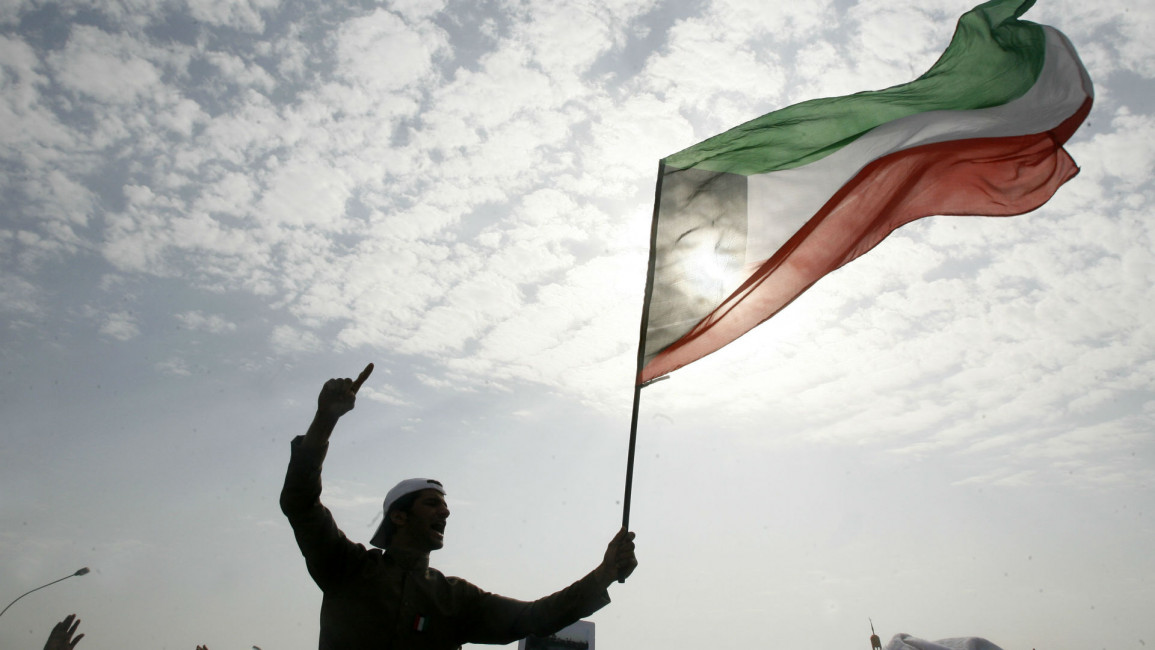Kuwait arrests stateless Bidoon protesters demanding citizenship
Kuwaiti authorities have arrested more than a dozen people, including a leading rights activist, in a crackdown on protesters demanding greater rights for stateless Bidoon Arabs, Amnesty International said on Wednesday.
They face a number of charges including participation in unlicensed demonstrations, spreading "false news" and state security offences, the London-based rights group said.
"The Kuwaiti authorities have arbitrarily arrested more than a dozen protesters in recent days, including prominent human rights defender Abdulhakim al-Fadhli and other activists, in a crackdown on peaceful protestors demanding greater rights for the stateless group known as Bidoon," Amnesty said in a statement.
"Twelve protesters remain in custody."
Amnesty said the arrests took place between 11 and 14 July following protests by members of the Bidoon group in Kuwait after a fellow stateless person, 20-year-old Ayed Hamad Moudath, committed suicide for reportedly being unable to obtain official documents and ultimately losing his job.
Twitter Post
|
The rights group criticised the arrest of peaceful protesters and denying Bidoon their rights.
"By continuing to deny the Bidoon citizenship, the authorities are denying these long-term residents a range of basic rights, including their right to health, education and work, which in effect exclude them from being part and parcel of and contributing to a vibrant Kuwaiti society," said Lynn Maalouf, Amnesty's Middle East research director.
Rights groups have repeatedly accused Kuwait of mistreating about 100,000 stateless Arabs, saying the Gulf country has failed to recognise the right of these long-term residents to citizenship.
Kuwait has insisted that most Bidoon or their forefathers came from neighbouring countries and do not qualify for citizenship.
According to Amnesty, the Bidoon group continues to face restrictions on employment, health care, and state support provided to Kuwaiti citizens despite reforms announced in 2015.
There are estimated to be more than 500,000 Bidoon across the Gulf region.
Agencies contributed to this report.



![Biden has offered Netanyahu "unlimited" support in his war on Gaza [Getty]](/sites/default/files/styles/image_330x185/public/2023-10/GettyImages-1730842169.jpg?h=b609465e&itok=ICen5CD-)